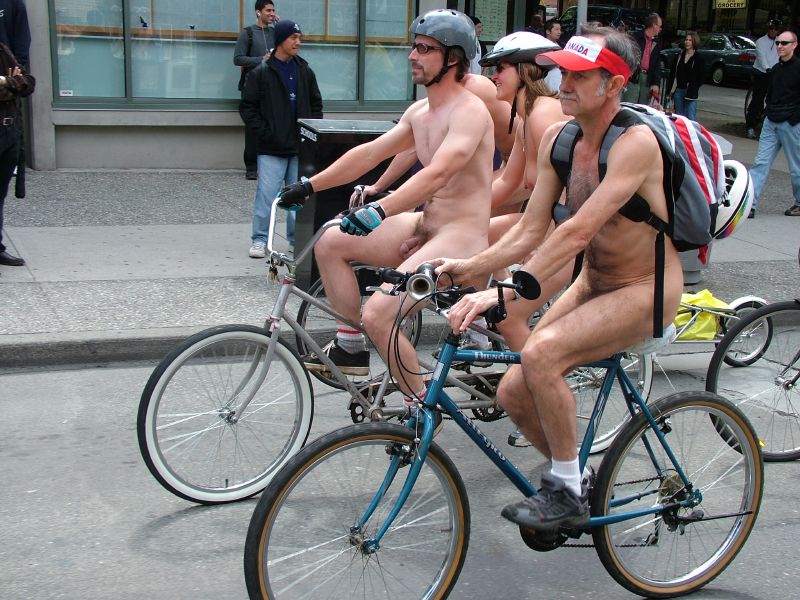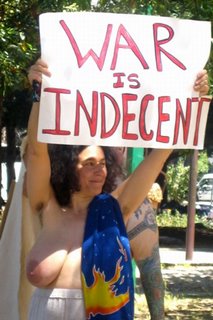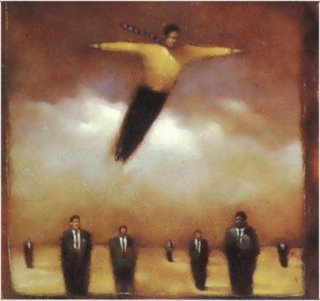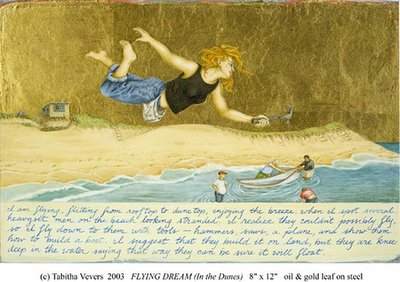You may already know that Mary P. is participating in National Novel Writing Month: aka
NaNoWriMo. The goal of the organization is to raise money to promote literacy. The goal of participants like Mary P. is to
write a 50,000 word novel in one month.
How crazy is that?! Who can write at that pace?!
Mary P. can, that's who. Pshaw!, it isn't enough of a challenge for her! She reached 50,000 words today, only 21 days into the month!

Mary P. got this button at a local gathering of NaNoWriMo participants. She says it should read, "I write book" — singular: hence the title of my post.
I'm biased, of course, but I think the book is
really good. Below I offer an excerpt to give you a taste of what she has achieved, at lightning speed.
It's only a first draft, obviously … she couldn't afford to spend any time polishing it. But that only makes the achievement more impressive. I bet you wouldn't guess from the excerpt that this is a first draft, if I hadn't already told you.

I am so impressed!
"You like the blues, don't you?" Josee asked. Her voice permeates my sun-induced languor. She's come over this gorgeous summer afternoon with a bag of hand-me-downs for my kids, but once the clothes have been sorted and set aside, the back yard with its sun and stunning view of the neighbour's solid red brick wall beckons. My kids will be returning from their dad's in the next hour or so, and Josee and I are spending some productive time soaking up the heat. I'm leaning back against the wall of the shed, my face tipped to the sun. She lays on her back beside me. A pitcher of ice water and two glasses sit on a tray between us.
"Love them. Why? Something you'd like to see?" One of the perks of single motherhood that I'd never considered was the weekends off. As a married parent, I'd never had a weekend off. Except when I worked my 8-2 shift at the drop-in tutoring centre on weekends, I was on board with the children. Often, it wasn't their father who cared for them on these days, but a friend - very often Josee. Now, I had weekend afternoons and evenings entirely to myself, something I'd not had since the first child was born ten years ago. Not that I had actually done anything with a weekend evening yet.
"No, not me. But my friend Marc, you know him, the police officer? The one who was on that task force last year looking into runaway kids?"
"I've never met him, but you've mentioned him before. This is Marc whose wife runs that craft shop in the Glebe?"
"Marc whose wife left him three months ago, yeah, that's the one."
"Ah, geez, Josee. I've only been separated a couple of months. You're not suggesting I want to be dating already? And some guy who's on the rebound? Hell, I'm on the rebound! Nobody should be wanting to date me."
"Are you, or are you not enjoying being single?"
"I am loving it! And I'm loving it, already, without dating."
"So don't think of it as a date. Just go down to Tucson's on Saturday night to hear a group with someone else who likes your kind of music."
"'So don't think of it as a date.' How cliche is that? Next you'll be telling me that as long as I pay my own way, it's not a date."
"Well, it's not!"
"And if I pay my own way, I don't have to sleep with him?"
"Get out of here. You don't have to sleep with him even if he does pay."
"That's a relief. I thought you'd suddenly become an afficionado of that 'Rules' book."
"No. Not that it says that, anyway, does it? All I'm saying is that you should just go because it would be a fun thing to do. That's it, that's all, end of story, no big agenda."
"Is that how he'd be looking at it?"
"Yes."
"And you know this because..."
"Because I talked to him. Said I might know someone. Didn't tell him who, and asked if he'd mind."
"God, Josee, I feel like we're in seventh grade here. Look, why don't you give me his phone number." She pulls a business card from her purse.
"He gave you his card??"
"Just in case. But he doesn't know your name, I promise."
I take the card without looking at it, slip it into the pocket of my shorts. "If I feel like it, I'll call him; if I don't, I'll go by myself. I can have fun by myself, you know."
"Yeah, I know, but sooner or later you'll run out of batteries." She grins wickedly as I snort.
"When that happens, maybe I'll give Marc a call. Until then, things are working just fine for me.
…………
Despite my show of reluctance, I did think about Josee's suggestion. I'd been on my own for two months, and in that time I'd not gone out once. Not a single grown-up evening out. It probably was time I looked beyond the four walls of my home, comfortable though it was now. It probably was time I went out and did something frivolous, something fun, just for myself.
After dinner that evening, I finally remembered to take the slightly crumpled card out of my pocket, and glanced at the numbers on it. Business number, cell phone number, even a fax, if I decided to put myself out in writing. A man who wants to be accessible, at any rate. I set the card on the ledge beside the kitchen window, over the sink, in the stash of other business cards I'd accrued: The Faucet Man, Secondhand Appliance Source, Cheap and Skilful Drywaller, the Plumber who covers his butt, the Lady Chimneysweep, the Electrician who doesn't hit on you....
Marc's card nestled in with the other cards, a potential frivolity amongst necessities. Would I call him? Should I call him? Did I want to?
"Mummy! We've brushed our teeths!" Daniel's voice echoes down the stairs. "We're ready for our bedtime story!"
Saved by the bellow. "Okay, guys! I'm coming right up!"
I love our bedtime routines. Emma, having had her bath, story and snuggle an hour ago, sleeps peacefully. Her blond curls tumble across her pillow as I lean to kiss her chubby baby cheek.
Zoe and Daniel wait in Daniel's room, snuggled side-by-side in his bed. After story time, Zoe will cross the landing to the bedroom she shares with Emma, but stories for the big kids take place in Daniel's room, where we can talk softly and leave the light on without disturbing the baby.
They wriggle apart to make room for me. Daniel carefully pats the pillow into its place against the wall behind us, a cushioned backrest for the snuggling that accompanies all good stories. A child nuzzled under each arm, the book held in front, I open to tonight's chapter, resume the lively story of the brave warrior mice and their struggles against the evil stoats.
My children are nestled warm against me, their breathing rhythmic and gentle, their hair soft against my cheek. I get so much satisfaction from their physical presence, the trust in me their closeness expresses. I am the centre of their worlds right now, as they are the centre of my larger world.
My larger world which includes Josee, the tutoring I do on weekends, the other children I care for during the week, and... What else does my world include? Phone calls to my sister, 500 miles away, each of us too involved with our small children - and, let's face it, too financially strapped - to make the journey to visit very often. Shopping for groceries and necessities for the children. And that's about it.
When is the last time I went out for a drink, or to a movie, just myself? My big indulgence for just me has been my weekly trips to the library — not the trips I make with the children, but the visit I make each Saturday in which I go nowhere near the children's section — and the hours I read each evening. I am not about to apologize for being a bookworm. I love my evening spent curled in a quilt on the couch, safe and secure, reading, reading, reading.
Nor do I have a need for dozens of friends. One or two reliable, caring, accessible friends is all I have ever needed. Oh, and I can't forget my two invisible friends - my Inner Cynic and my Inner Paragon. But still - three friends, two of them imaginary, and a pile of books is not much of a social life, is it? Josee is right: it's time I made a move to expand my world a bit. I don't know that I want or need to include Marc - or any other man - in it just now, but it's high time, yes it is, it's high time my world got a little bigger than my home, the library, and the damned grocery store!
"Mummy? Mummy, you've stopped reading!" Zoe's voice interrupts my reverie. She and Daniel lean out a bit, look up at me in mild exasperation. "It's not the end of the chapter yet."
"Oops. Sorry, love. I got distracted. All right...ah...okay. Here we are."
*******
Friday morning. End of another week in daycare land. I wake before my alarm, and as I do every morning, indulge in the sensual luxury of a corner-to-corner, across-the-mattress stretch. No oppressive, unhappy man shares my bed, and my children now sleep contentedly in their own beds. All that lovely space, all for me! Will this ever become less than a delightful morning gift to myself, this wide, empty bed?
Freedom is made of such small things. A bed shared by no one who isn't welcome. Well, shared by no one at all these days, truth be known, but this is my choice. The right to roll over and stretch to your heart's content. Being able to turn on the light when you wake, rather than stumble in the dark. Getting to take the first shower. Having a morning cup of tea on my own. Solitude is not loneliness; it breathes life into me.






























